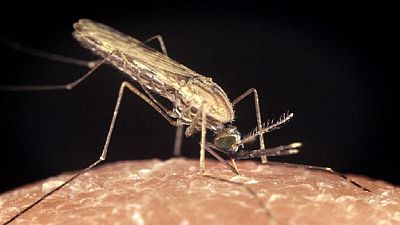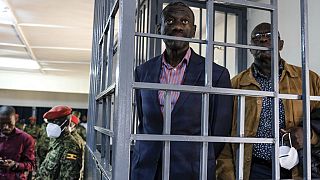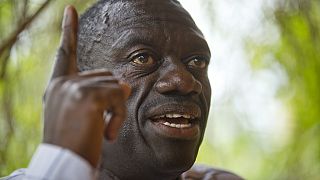Kenya
A dengue fever outbreak has left more than 150 people infected in Kenya’s coastal county of Mombasa. The County Healthy Chief Officer Dr Khadija Shikely said the disease has spread and affected all the six sub counties with 119 cases confirmed in major private hospitals by Sunday.
“A total of 119 cases were confirmed by Rapid Diagnostic Test Kits in the major private hospitals, Aga Khan, Mombasa Hospital, Al Farouk, Jocham and Seyyid Fatima,” she said.
119 cases of Dengue fever confirmed in Mombasa https://t.co/ZeFG7L84H7 pic.twitter.com/XRHId77jQe
— Radio Jambo Kenya (@RadioJamboKenya) May 7, 2017
The county officers say the disease has hit the county and other surrounding counties but denied any deaths, unlike in 2014 when three patients succumbed to the disease, the Standard reports.
Heavy rains in the region are said to have created new breeding grounds for mosquitoes, which are the vectors transmitting the disease to humans.
Key WHO Facts
Dengue is a mosquito-borne viral infection. The infection causes flu-like illness, and occasionally develops into a potentially lethal complication called severe dengue. Dengue is found in tropical and sub-tropical climates worldwide, mostly in urban and semi-urban areas. Severe dengue is a leading cause of serious illness and death among children in some Asian and Latin American countries. There is no specific treatment for dengue/ severe dengue, but early detection and access to proper medical care lowers fatality rates below 1%. Dengue prevention and control depends on effective vector control measures. A dengue vaccine has been licensed by several National Regulatory Authorities for use in people 9-45 years of age living in endemic settings. Dengue (pronounced DENgee) fever is a painful, debilitating mosquito-borne disease caused by any one of four closely related dengue viruses. These viruses are related to the viruses that cause West Nile infection and yellow fever.
An estimated 390 million dengue infections occur worldwide each year, with about 96 million resulting in illness. Most cases occur in tropical areas of the world, with the greatest risk occurring in:
It is transmitted by female mosquitoes mainly of the species Aedes aegypti and, to a lesser extent, Ae. albopictus. This mosquito also transmits chikungunya, yellow fever and Zika infection. Dengue is widespread throughout the tropics, with local variations in risk influenced by rainfall, temperature and unplanned rapid urbanization, according to the World Health Organisation.











01:36
Kizza Besigye faces Military Court as Uganda-Kenya jurisdiction row deepens
00:55
New report shows sub-Saharan Africa receives the least diabetes treatment
02:34
Initiative in Nairobi's Mukuru slums uses fly lavae to tackle food waste
01:02
Sudan rolls out malaria vaccines to bolster efforts to protect children
01:48
Kung Fu gains popularity among young people in Kenya
01:38
Drones beat logistical challenges to delivery of medical supplies in Kenya